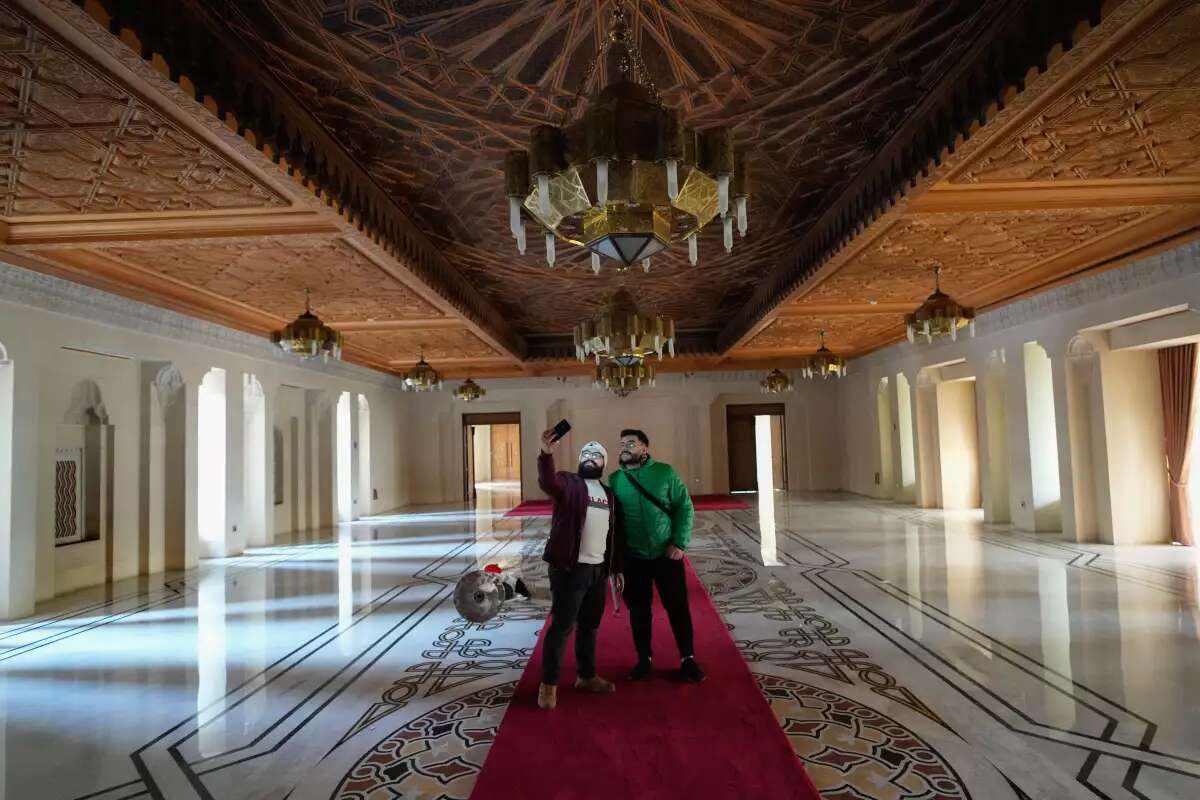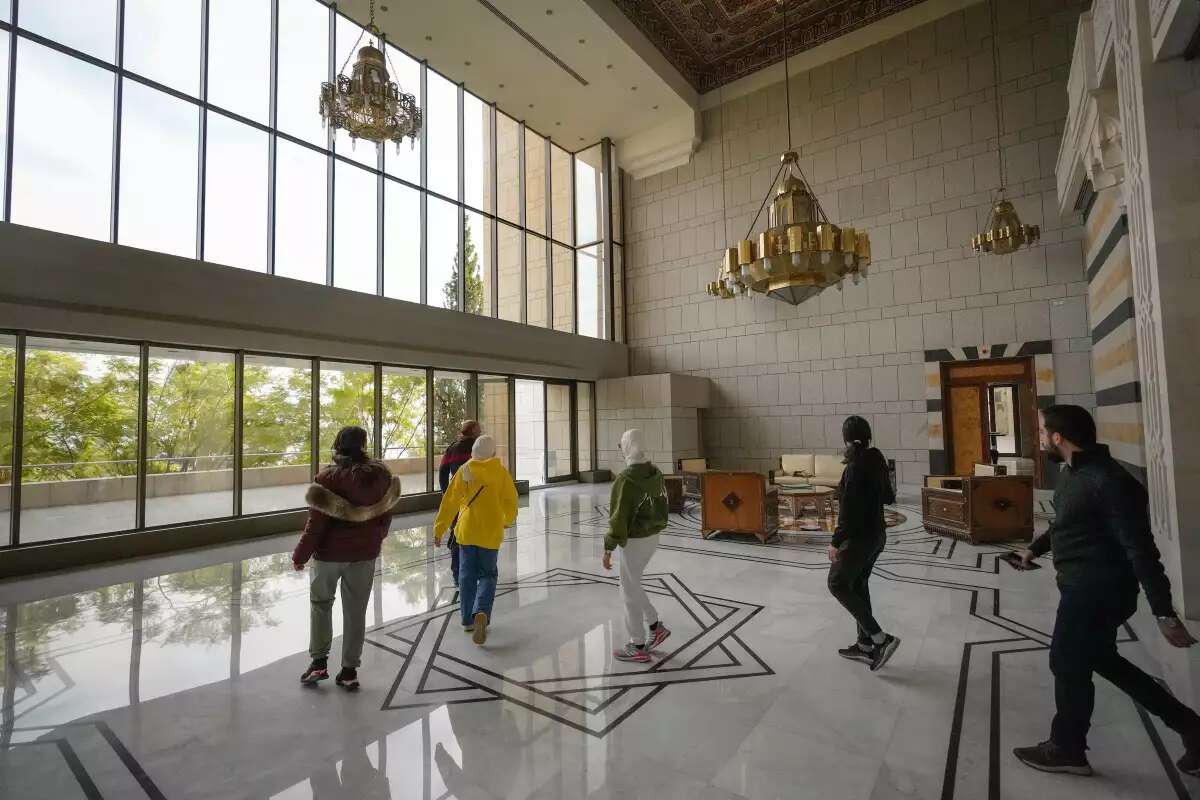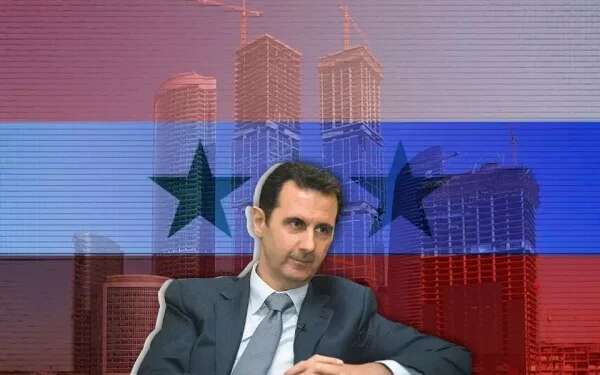Following the fall of the Assad regime in Syria, a global pursuit has begun to trace billions of dollars hidden by the family over five decades of authoritarian rule. According to an article published in The Wall Street Journal, this investigation—expected to take years—resembles efforts to recover wealth concealed by dictators such as Saddam Hussein and Muammar Gaddafi, which yielded only partial success.
The Journal reports that the Assad family accumulated its fortune through market manipulation, monopolies, and drug trafficking, primarily Captagon—a drug popular across Arab nations. The family's network spans the globe, with estimated wealth ranging between $1 billion and $12 billion. Much of this wealth was hidden in countries outside the reach of international law or in tax havens, complicating efforts to locate and recover the assets.

A 2022 report by the US State Department highlighted how the regime exploited economic manipulation and illicit activities to consolidate power. Bashar al-Assad leveraged the family's economic network to maintain control during his presidency, while his younger brother, Maher, facilitated drug smuggling through his military unit. Revenue from Captagon alone generated an estimated $2.4 billion annually, helping the regime circumvent Western sanctions. Meanwhile, Assad's cousin, Rami Makhlouf, served as the regime's primary financier, dominating sectors like telecommunications, banking, and duty-free services.
In 2020, tensions surfaced within the Assad family when Bashar began curbing Makhlouf's influence. Makhlouf was placed under house arrest and stripped of some of his assets, a move analysts interpreted as an attempt to tighten control over Syria's collapsing economy.
With the Assad regime's collapse in December 2024, Syrian citizens began taking matters into their own hands. Videos shared on social media showed people looting the family's presidential palace in Damascus, seizing furniture, artwork, and luxury vehicles, including Aston Martins and Lamborghinis.

Photo: AP Photo/Hussein Malla
Simultaneously, human rights organizations and Western nations launched efforts to trace the family's hidden assets. In one notable case, a French court in 2019 froze €90 million in assets held by Rifaat al-Assad, Bashar's uncle. However, similar efforts to locate assets in Dubai and Russia are expected to face significant challenges due to a lack of cooperation from these nations.
One central question in this investigation is the fate of any recovered funds. With Syria now in political chaos and rebel forces vying to fill the power vacuum, it remains unclear how the retrieved wealth will be allocated.

Human rights attorney Toby Cadman told The Wall Street Journal that the Assad family combined economic crime with brutal violence to sustain its rule. "We must return these funds to the Syrian people," he urged.
Beyond legal efforts, international stakeholders hope that recovering the assets could aid in rebuilding Syria and alleviate the severe economic crisis affecting the country, where 70% of the population lives below the poverty line.




